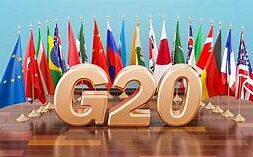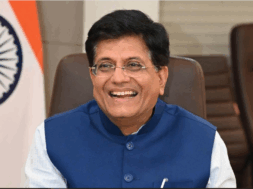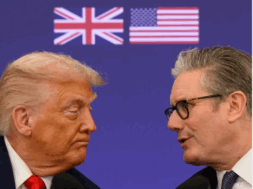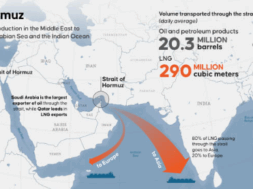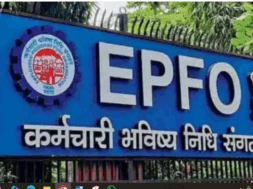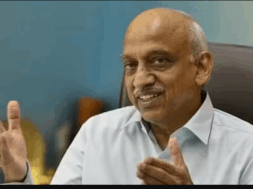
Roving Periscope: Why do China, and Pakistan oppose the G-20 meeting in J&K?
Virendra Pandit
New Delhi: A broke Pakistan is trying to cozy up to India to restart bilateral trade. But its approaching bankruptcy has not stopped the Army-controlled kangaroo government, led by Prime Minister Shehbaz Sharif, from opposing India’s decision to hold the next G-20 meeting in Jammu and Kashmir in 2023.
More, Islamabad has urged Saudi Arabia, Turkey, and China to intervene on its behalf!
Pakistan is not a member of the G-20, but Saudi Arabia and China are. If they attend the meeting in J&K, Pakistan will completely lose the game in the border state, which it keeps on the boil with regular doses of terror attacks. The US-led West is opposing Russia’s participation in the G-20 meeting because of the Ukrainian issue.
While the Saudis and the Turks are yet to respond, China has jumped into the fray—because, the G-20 Summit in Jammu and Kashmir, Beijing feels, would not only give international endorsement to the abolition of Article 370 and changing the status of the border state into two Union Territories but also ‘illegalize’ the Pakistan-owned Kashmir (PoK), through which the USD 62 billion China-Pakistan Economic Corridor (CPEC) passes up to Gwadar in Baluchistan.
But, as it always does, Beijing has not clarified whether it will attend!
On Thursday, China echoed Pakistan’s ‘objection’ and underlined that the two sides should avoid ‘politicizing’ the issue.
“We have noted relevant information,” Chinese Foreign Ministry spokesperson Zhao Lijian said, the media reported.
“China’s position on Kashmir is consistent and clear cut. It is a legacy issue between India and Pakistan. They should properly resolve it under the relevant UN resolutions and bilateral agreements,” Zhao said.
He said the “relevant parties should avoid complicating the situation with the unilateral move. We need to address the disputes through dialogue and consultation and jointly uphold peace and stability.”
Stating that the G-20 is a premier forum for international economic cooperation, Zhao said “we call on relevant sides to focus on economic recovery and avoid politicizing the relevant issue to contribute positively to improving the global economic governance.”
Asked whether China, a member of G-20, would attend the meeting, he said, “whether we attend the meeting, we will look into that.”
Asked about China building the CPEC through the PoK and India’s objections against it, Zhao claimed that “the two matters are completely different. China has undertaken projects to help Pakistan to grow its economy and improve livelihoods.”
“Some of those projects are in the Kashmir part that is under the control of Pakistan. Relevant Chinese companies who run the projects do so to help the local people to develop the economy and improve their livelihoods,” he said.
“That doesn’t mean our position on Kashmir has changed,” he said.
Early this week, Pakistan ‘rejected’ India’s announcement to hold a meeting of G-20 countries in Jammu and Kashmir and expressed the hope that members of the grouping will be fully cognizant of the imperatives of law and justice and would oppose the proposal outright.
Jammu and Kashmir will host the 2023 meetings of the G-20, an influential grouping that brings together the world’s major economies. The administration of the Union Territory of Jammu and Kashmir has also set up a five-member high-level committee for overall coordination.
This will be the first major international summit to be held in Jammu and Kashmir after its special status guaranteed under Article 370 of the Constitution was withdrawn and it divided the erstwhile border state into two UTs—the other being Ladakh—in August 2019.
Pakistan Foreign Office spokesperson Asim Iftikhar Ahmad said in a statement that Islamabad had noted news in the Indian media. “Pakistan completely rejects any such attempt by India.”
